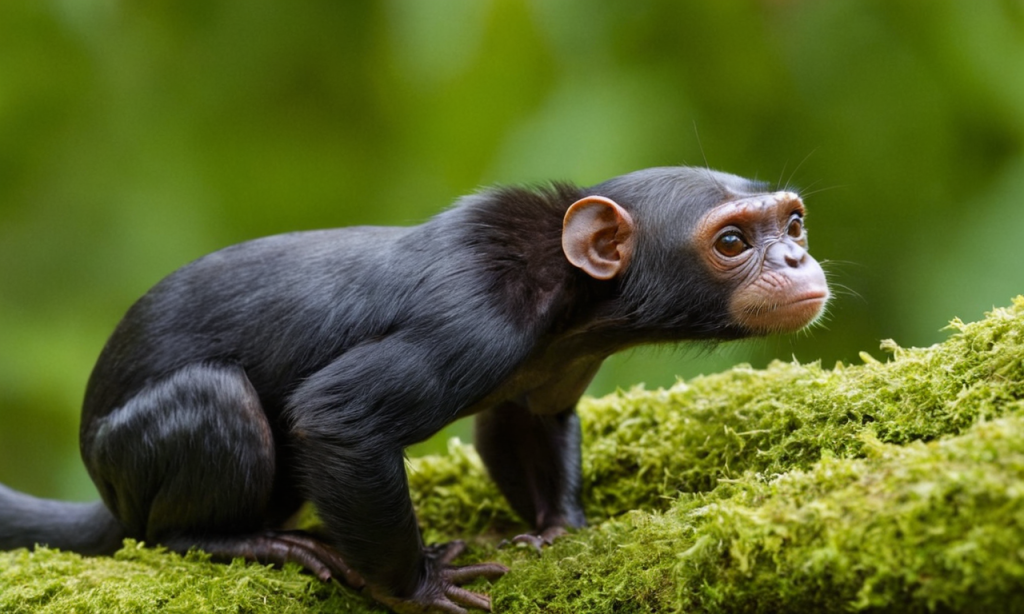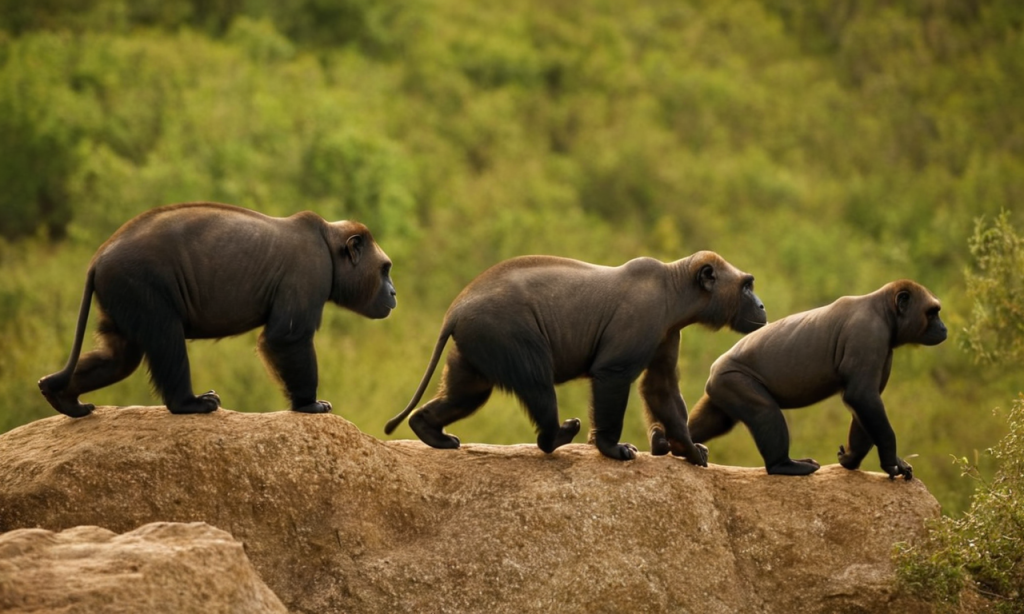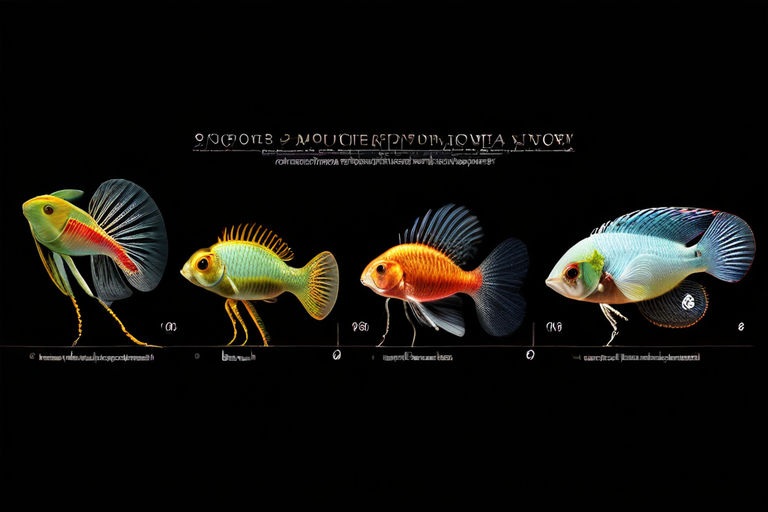Introduction
Welcome to a fascinating journey into the world of speciation! Understanding speciation is paramount in comprehending the evolutionary mechanisms that drive the diversity of life on Earth. This article will serve as your guide, elucidating the concept of speciation in biology, its significance, and the various mechanisms involved.
Exploring Speciation
What is Speciation?

Imagine sleep as the ultimate “reset” button for your body and mind. It’s not just about feeling rested; it’s about ensuring your body functions at its best, day in and day out. Here’s why:
- Restoration and Healing: While you sleep, your body gets to work repairing tissues, synthesizing proteins, and releasing growth hormones. This restoration process is crucial for maintaining physical health and recovering from the wear and tear of daily life.
- Memory and Learning: Ever notice how a good night’s sleep can help you better retain information or solve problems more efficiently? That’s because sleep plays a vital role in memory consolidation and cognitive function. During sleep, your brain processes and stores new information, making it easier for you to recall and utilize it later.
- Mood Regulation: Lack of sleep can leave you feeling irritable, stressed, or even anxious. That’s because sleep deprivation disrupts the balance of neurotransmitters in your brain, affecting your mood and emotional well-being. Getting enough sleep can help stabilize your mood and improve your overall outlook on life.
- Immune Function: Adequate sleep is like a shield for your immune system. It’s during sleep that your body produces cytokines, a type of protein that helps fight off infections and inflammation. Consistently getting enough sleep can bolster your immune system, making you less susceptible to illnesses like the common cold or flu.
- Physical Performance: Whether you’re an athlete or just someone who enjoys staying active, sleep is essential for optimal performance. During sleep, your body regulates its energy stores, repairs muscle tissue, and fine-tunes motor skills. This means better coordination, faster reaction times, and improved endurance when you’re awake.
- Weight Management: Believe it or not, there’s a link between sleep and weight. Sleep deprivation disrupts the balance of hunger hormones in your body, leading to increased appetite and cravings for unhealthy foods. Additionally, tiredness can sap your motivation to exercise. By prioritizing sleep, you’re setting yourself up for better control over your weight and overall health.
So, how much sleep do you really need? While individual needs vary, most adults should aim for 7-9 hours of quality sleep each night. And it’s not just about quantity; the quality of your sleep matters too. Creating a bedtime routine, optimizing your sleep environment, and practicing relaxation techniques can all contribute to better sleep quality.
The Significance of Speciation
Speciation plays a crucial role in biodiversity, shaping the rich tapestry of life on our planet. It drives the emergence of new species, contributing to ecological diversity and evolutionary innovation.
Types of Speciation
In biology, speciation can occur through two primary mechanisms: allopatric speciation and sympatric speciation.
- Allopatric speciation unfolds when populations of a species become separated by a geographical barrier. This separation prevents the populations from interbreeding, ultimately leading to genetic divergence and the emergence of new species over time.
- Imagine two groups of a species, let’s call them Group A and Group B, separated by a physical barrier like a mountain range or an ocean. Over generations, the populations in Group A may adapt to their unique environment differently than those in Group B. As they evolve independently, genetic differences accumulate, and eventually, they become distinct species incapable of producing viable offspring with each other. This reproductive isolation marks the completion of allopatric speciation.
- Sympatric Speciation
- Sympatric speciation, on the other hand, occurs within the same geographical region. Instead of being physically separated, a single ancestral species diversifies into two or more distinct species due to various factors such as ecological niche differentiation or polyploidy.
- Ecological niche differentiation happens when different subpopulations of a species occupy different ecological niches within the same habitat. Over time, natural selection favors individuals that exploit different resources or habitats, driving them to diverge genetically and eventually form new species.
- Polyploidy, another mechanism of sympatric speciation, involves changes in the number of sets of chromosomes. This can occur due to errors in cell division, resulting in individuals with extra sets of chromosomes (polyploids). These polyploids may be reproductively isolated from their diploid counterparts, leading to the formation of new species.

Mechanisms of Speciation
Genetic Drift and Natural Selection
Genetic drift and natural selection are fundamental drivers of speciation, influencing the genetic makeup of populations over time.
Reproductive Isolation
Reproductive isolation mechanisms, such as prezygotic and postzygotic barriers, prevent interbreeding between populations, facilitating the divergence of species.
Adaptive Radiation
Adaptive radiation occurs when a single ancestral species diversifies into a multitude of species, each adapted to exploit different ecological niches.
Speciation in Action
Case Studies in Speciation
Exploring real-life examples of speciation, such as the Galápagos finches and African cichlid fish, provides insights into the mechanisms driving evolutionary divergence.
Human Impact on Speciation
Human activities, including habitat destruction and climate change, can influence speciation dynamics, leading to both accelerated and inhibited rates of species formation.
FAQs
What role does isolation play in speciation?
Isolation, whether geographical or ecological, serves as a catalyst for speciation by limiting gene flow between populations.
How long does the speciation process take?
The timeline for speciation can vary greatly, ranging from thousands to millions of years, depending on factors such as genetic divergence and environmental pressures.
Can speciation occur without geographic isolation?
Yes, speciation can occur in the absence of geographic isolation through mechanisms such as ecological differentiation and behavioral isolation.
What are the consequences of speciation for biodiversity?
Speciation enhances biodiversity by generating new species with unique traits, thereby enriching ecosystems and promoting resilience to environmental changes.
Is speciation a reversible process?
While speciation itself is irreversible, species can undergo hybridization or extinction, influencing patterns of biodiversity over time.
How do scientists study speciation?
Scientists employ various approaches, including field observations, genetic analyses, and experimental studies, to unravel the intricacies of speciation processes.
In conclusion, speciation stands as a cornerstone of evolutionary biology, driving the emergence of diverse life forms across the globe. By unraveling the mechanisms and dynamics of speciation, we gain profound insights into the complex tapestry of life’s evolution.


